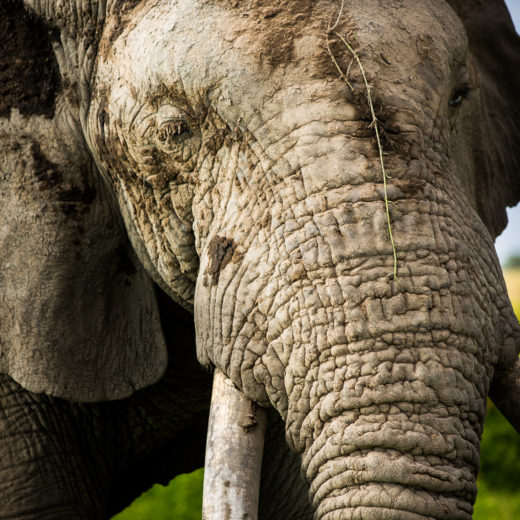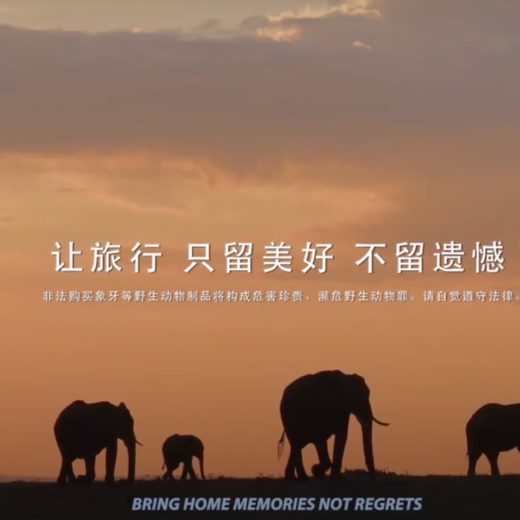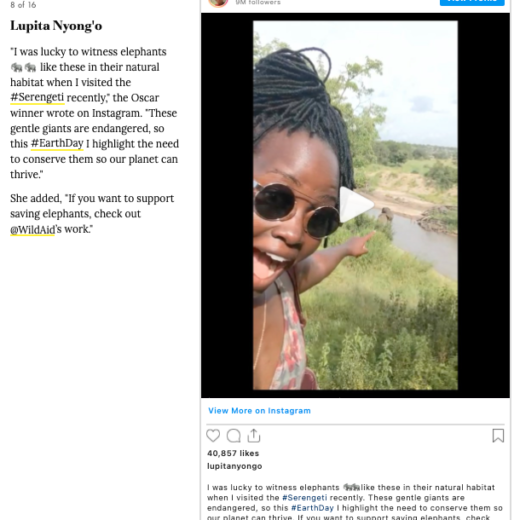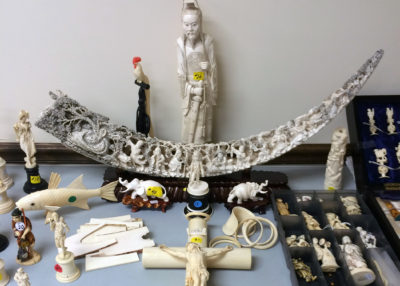
Authorities in New York today destroyed nearly two tons of illegal ivory confiscated in the state.
The crush was intended to discourage consumers from buying illicit wildlife products, and to demonstrate to traffickers and sellers that wildlife crime is taken very seriously in the U.S.
Authorities in New York today destroyed nearly two tons of illegal ivory confiscated in the state.
The crush was intended to discourage consumers from buying illicit wildlife products, and to demonstrate to traffickers and sellers that wildlife crime is taken very seriously in the U.S.
Up to 33,000 elephants are killed each year for their ivory tusks, which are used in carvings, jewelry and other products.
Authorities in New York today destroyed nearly two tons of illegal ivory confiscated in the state.
The crush was intended to discourage consumers from buying illicit wildlife products, and to demonstrate to traffickers and sellers that wildlife crime is taken very seriously in the U.S.
Up to 33,000 elephants are killed each year for their ivory tusks, which are used in carvings, jewelry and other products.
WildAid, one of the organizations co-sponsoring the crush, has found that only one in five Americans knows that the U.S. is a major trafficking hub for the illegal wildlife trade.
A study released last month by TRAFFIC, WWF and crush co-sponsor IFAW found hundreds of ivory items on sale in U.S. shops and across online auction sites, despite a near-total ban on ivory sales in the country that came into effect last year.
A number of ivory destructions have taken place in various countries in recent years, including locations in Asia, Africa and the U.S. In 2015, the U.S. Fish and Wildlife Service crushed one ton of ivory in Times Square. Two years before, in 2013, the agency crushed six tons.
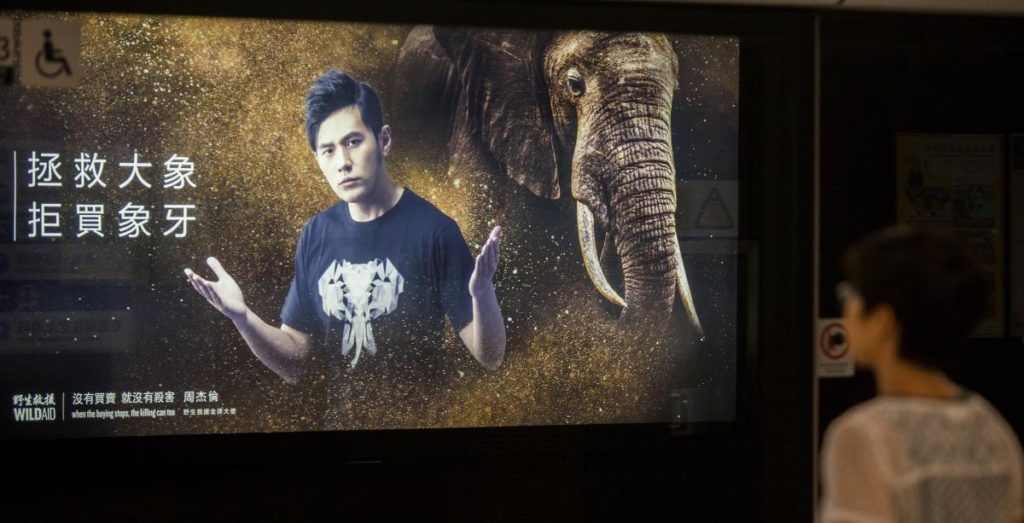

WildAid has also led a campaign in China, including Hong Kong SAR, and Thailand to reduce demand for ivory. China has announced a ban on domestic ivory sales that will be fully implemented by the end of 2017, while Hong Kong SAR’s Legislative Council is currently considering a domestic ivory ban to be phased in over five years.
Stay in touch and get the latest WildAid updates.
SIGN UPAbout WildAid
WildAid is a non-profit organization with a mission to protect wildlife from illegal trade and other imminent threats. While most wildlife conservation groups focus on protecting animals from poaching, WildAid primarily works to reduce global consumption of wildlife products such as elephant ivory, rhino horn and shark fin soup. With an unrivaled portfolio of celebrity ambassadors and a global network of media partners, WildAid leverages more than $308 million in annual pro-bono media support with a simple message: When the Buying Stops, the Killing Can Too.
Journalists on deadline may email communications@wildaid.org
